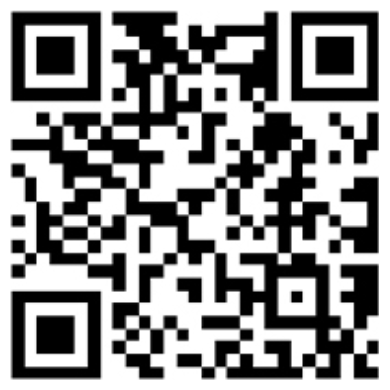Advanced Liquid Package Solution
Efficiency is the cornerstone of any water filling operation. A water filling machine operating at optimal speed ensures steady production, meets customer demands, and minimizes costs. However, when the machine slows down, it can lead to production delays, increased downtime, and higher operating expenses. Identifying and resolving speed issues is crucial to maintaining workflow and profitability. This article provides insights into common causes, troubleshooting steps, and preventive measures to address speed issues in water filling machines.
Before diving into solutions, it’s important to recognize the signs of a slow water filling machine. Symptoms include:
Reduced output compared to the machine’s standard capacity.
Delays or irregularities in filling cycles.
Bottles not filled as quickly or consistently as expected.
Frequent downtime caused by malfunctions or system resets.
Recognizing these symptoms early can help prevent further damage and ensure timely resolution.
Several factors can contribute to a water filling machine operating at suboptimal speed:
Mechanical Factors:
Over time, components such as belts, valves, or nozzles can wear out or become damaged, leading to slow performance.
Lack of proper lubrication can increase friction, reducing efficiency.
Misalignment of machine parts disrupts the flow of operations.
Electrical Problems:
Faulty sensors or control systems may delay machine responses.
Inconsistent power supply can impact machine speed, especially in automated systems.
Software glitches can interrupt operational processes.
Operational Errors:
Incorrect machine settings or calibration can slow the filling cycle.
Mishandling of bottles or caps, such as improper placement or non-standard sizes, can cause bottlenecks.
Using unsuitable materials, like mismatched bottle dimensions, affects the machine’s speed.
External Factors:
An inconsistent supply of water or raw materials can cause interruptions.
Clogging or contamination in pipes and nozzles can impede the filling process.
Environmental conditions, such as high temperatures or humidity, can impact certain components.
Resolving speed issues often requires a methodical approach. Here are steps to troubleshoot effectively:
1. Inspect and Clean the Machine:
Check for debris or residue buildup in filling nozzles and water pipes.
Perform a thorough cleaning to eliminate clogs and restore flow efficiency.
2. Assess Mechanical Components:
Inspect belts, gears, and valves for signs of wear or damage. Replace any compromised parts.
Lubricate moving parts to minimize friction and improve overall speed.
3. Verify Electrical Systems:
Test sensors and control systems to ensure they are functioning properly.
Check wiring and ensure a stable power supply to avoid disruptions.
Update the machine’s software to fix potential glitches or compatibility issues.
4. Review Machine Settings and Calibration:
Adjust machine settings like speed, pressure, or temperature to align with production needs.
Recalibrate the system to accommodate changes in bottle size or other variables.
5. Check External Inputs:
Ensure a consistent water supply and address any pipeline issues.
Inspect for environmental factors, such as excessive heat or humidity, that may affect machine performance.
Prevention is always better than cure. Implementing the following measures can minimize the risk of speed issues:
Schedule regular maintenance for all mechanical and electrical components.
Train operators to detect early warning signs, such as unusual sounds or inconsistent cycles.
Maintain a steady supply of raw materials to avoid disruptions.
Keep a performance log to track trends and predict potential problems before they escalate.
While many issues can be resolved through troubleshooting, there are times when professional help is necessary. Persistent problems, complex electrical or software issues, or major mechanical failures should be handled by qualified technicians. Contacting the water filling machine manufacturer or a specialized service team ensures accurate diagnostics and effective repairs.
At ALPS Machinery, we are committed to providing timely, professional and comprehensive after-sales service. No matter what technical problems or equipment failures you encounter, our professional team will respond quickly and provide solutions. Our after-sales service team is on call 24/7 to ensure that your production line is promptly maintained and supported at any time.
In addition, we also provide regular maintenance and inspection services to ensure that your equipment is always in the best working condition. Our technicians are professionally trained and have rich experience to handle a variety of technical problems and challenges.
We are committed to providing a comprehensive spare parts supply service to ensure that your production will not be interrupted due to lack of spare parts during the production process. We also provide equipment upgrade and modification services to meet your changing production needs.
A slow water filling machine can hinder productivity and impact business profitability, but with proper troubleshooting and maintenance, these issues can be resolved efficiently. Identifying symptoms, addressing potential causes, and following a structured troubleshooting process are key to restoring optimal performance. Additionally, adopting preventive measures and seeking professional assistance when needed will help ensure long-term efficiency. By taking proactive steps, you can keep your water filling machine running smoothly and maintain a consistent production flow.

By continuing to use the site you agree to our privacy policy Terms and Conditions.